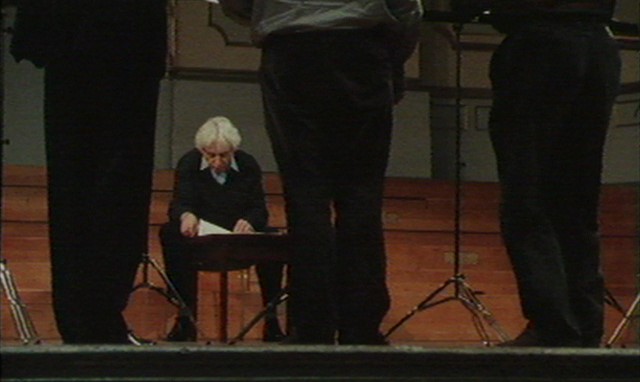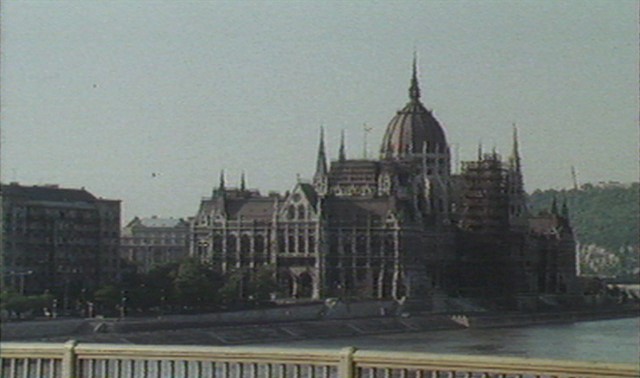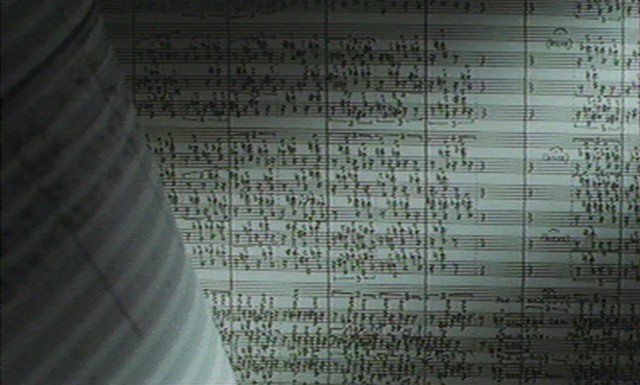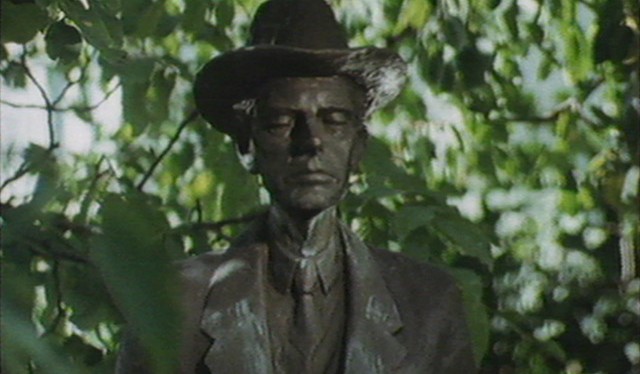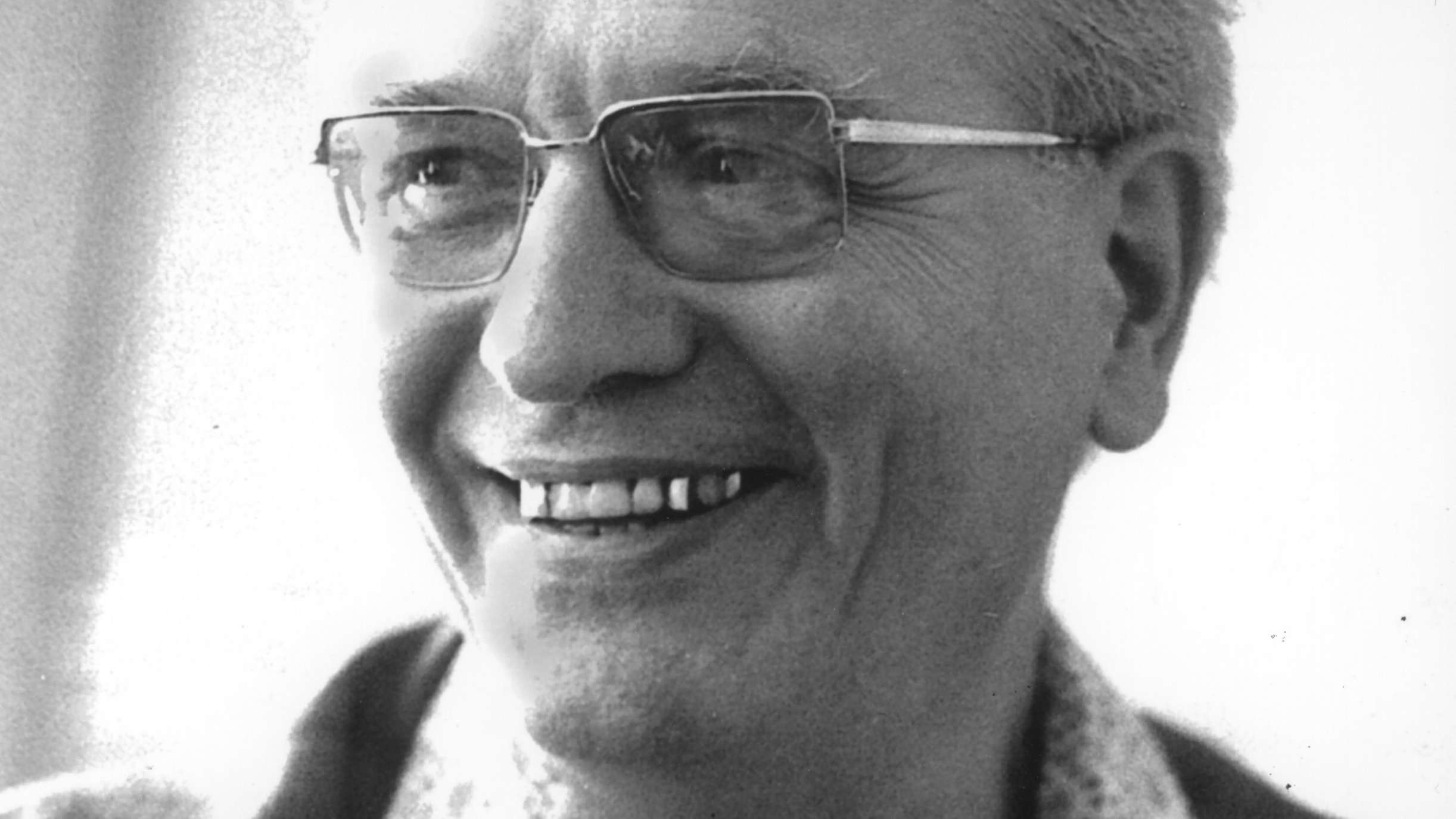György Ligeti
1992: György Ligeti is watching from a train the landscape unfolding before his eyes.
Perhaps is the composer recalling the path of his life and the wounds that led him to exile? Like many Hungarians, György Ligeti was born in Transylvania, a historical Magyar cradle, given to Rumania after the First World War. There, he underwent the humiliation of the laws segregating the Jewish community. Settled down in Budapest after the Second World War, he knew the brutality of Ràkosi's Stalinian regime. The Soviet repression following the uprising of 1956 led him to flee towards the West, in Austria and then in Germany.
Type (Documentaire / Documentaire fiction / Série documentaire)DocumentaryGenre en anglaisArts & culture CollectionComposersWritten byArnaud de Mezamat, Judit Kele, Michel FollinDirected by Michel FollinWith the support of CNC, Communauté de l'Audiovisuel de Belgique, Direction de la Musique et la Danse, Eurimages, FAVIYear1993Duration60min
This eclectic polyglot anchored his music in the Hungarian musical tradition, from popular melodies to Bartòk’s heritage, but he also tackled the research of the Fifties musical avant-garde in Cologne and Darmstadt, achieving an original style based on sound continuity. “He starts from the scattering of the traditional instrumental discourse and reconstructs it minutely, articulating subtle rhythmical micro-structures into hovering clouds”.
As he puts it himself, his music gives the impression of a continuous flow, with no end and no beginning. “His formal characteristic is status, but behind this appearance, everything is perpetually on the move”.
In his recent directions, Ligeti has assimilated South American and African music, as well as the experiments of contemporary repetitive music, and he fused them together into personal musical forms, including to it very complex layers of sounds. He then achieved very efficient end very beautiful acoustic phenomena.
Ligeti’s purpose being permanently illustrated by the train journey, the audience understand better his musical world, and are given an easier access to it. For this trip is more than a mere pretext, it is a genuine thinking on Ligeti’s time and music. His music indeed pervades the film, creating an acoustic landscape punctuated by the composer’s most significant works. Some extracts are performed on screen: the Continuum for harpsichords, the pieces for two pianos and the irresistible Nonsense Madrigals he recently composed.
Press coverage
Michel Follin has achieved a remarkable feat: giving full space to the man and his words without sacrificing room for the music. (…) From his celestial heights, Wolfgang will surely cast a glance.
Télérama
